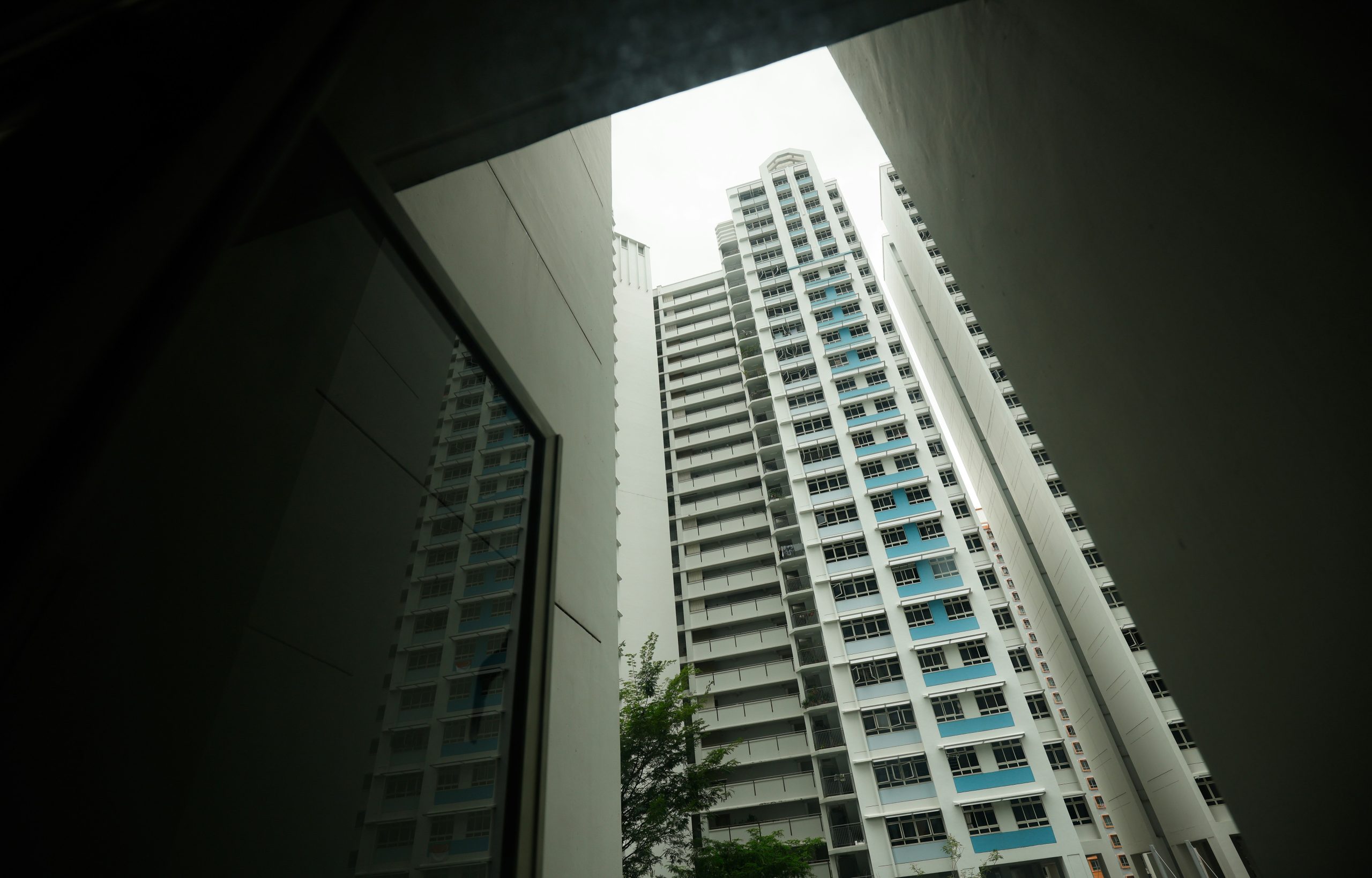New Hope for Angelman Syndrome: Promising Treatment and Advocacy Efforts
Angelman syndrome, a rare neurogenetic disorder affecting thousands of individuals worldwide, has recently gained significant attention due to promising developments in treatment and advocacy. A Phase 1/2 clinical trial has revealed that ION582, a novel treatment for Angelman syndrome, was well tolerated and demonstrated improvements in patients' symptoms. This breakthrough offers hope to families impacted by this condition, which is characterized by developmental delays, speech impairments, and distinctive behavioral traits.
As awareness of Angelman syndrome grows, so too does the importance of advocacy and support for affected individuals and their families. Recent efforts by various advocates, including well-known figures, highlight the challenges faced by those living with the disorder. For instance, one prominent advocate has shared personal insights about parenting a child with Angelman syndrome, shedding light on the emotional and practical challenges that families navigate daily.
The newly established foundation aims to provide comprehensive support for individuals with intellectual disabilities, particularly those affected by Angelman syndrome. The foundation's mission focuses on advocacy, education, and the development of innovative programs designed to empower families and enhance the quality of life for individuals living with this condition.
The combination of promising treatment options and dedicated advocacy efforts signifies a pivotal moment for the Angelman syndrome community. Families are increasingly hopeful as they witness advancements in both medical research and support systems. The commitment to raising awareness about Angelman syndrome is crucial, not just for those directly affected, but also for society as a whole, which can benefit from a deeper understanding of the challenges faced by individuals with intellectual disabilities.
In conclusion, the ongoing research into treatments like ION582 and the formation of supportive advocacy organizations represent a dual approach to addressing the needs of the Angelman syndrome community. As these initiatives gain momentum, they promise to create a more inclusive and supportive environment for individuals and families dealing with the realities of Angelman syndrome. The journey towards improved treatment and quality of life continues, fueled by hope, determination, and a collective effort to make a difference.











